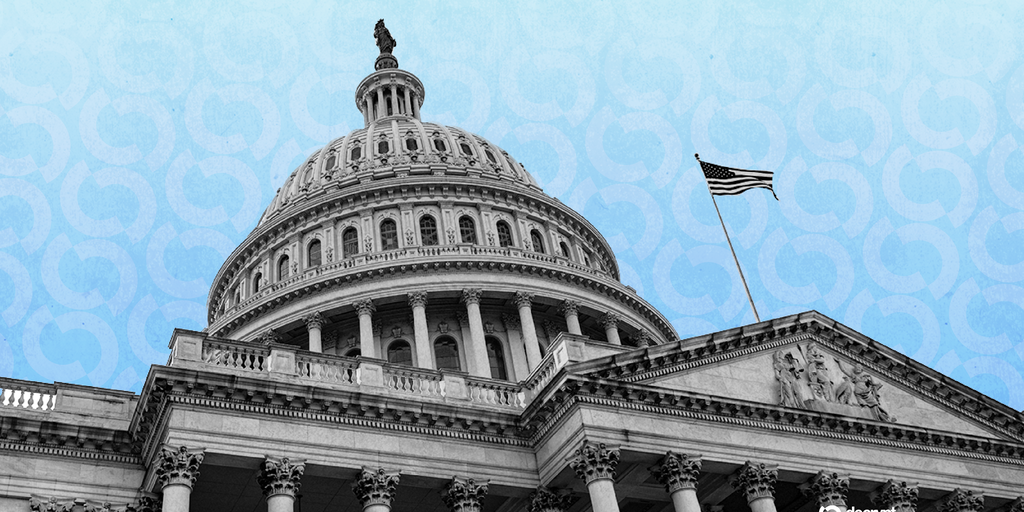
The cryptocurrency industry has taken a united stance against a proposed Senate crypto market structure bill, demanding vital legal protections for software developers. A coalition of 114 leading crypto companies and tech lobbying groups, including Coinbase, Solana Labs, Grayscale, and Andreessen Horowitz, recently addressed a letter to the Senate Banking Committee outlining their concerns.
Why Developers Need Protection
In the letter, these companies emphasized the potential dangers of holding software developers liable for the actions of others using their decentralized programs. Drawing parallels to existing infrastructure, they stated that public blockchains should be viewed as neutral environments, much like roads or the internet, which serve various purposes but do not inherently carry liability for misuse.
“Engineers who build highways are not criminalized for misuse of roads. Congress must extend the same principle to developers of digital infrastructure,” said Miller Whitehouse-Levine, CEO of the Solana Policy Institute, a co-signer of the letter.
The Push for Clearer Legislation
The coalition also called for the Senate to include explicit language ensuring software developers cannot be prosecuted as money transmitting business operators under U.S. Code 1960. The petition followed a precedent set earlier this year when the Department of Justice convicted Tornado Cash developer Roman Storm on similar grounds, highlighting the need for clearer federal protections to avoid future legal ambiguities.
The proposed changes echo the House passage of the CLARITY Act, which aims to exempt decentralized finance (DeFi) and peer-to-peer blockchain transactions from stringent crypto regulations. However, according to the coalition, these measures do not go far enough, urging the Senate to take a more robust approach by preempting conflicting state laws and safeguarding developers.
What’s at Stake
The stakes are high for the industry. Without adequate protections, companies fear that innovation will be stifled, driving blockchain development overseas and undermining the United States’ leadership in the Web3 ecosystem. By criminalizing developers for creating software, lawmakers risk silencing open-source innovation, widely regarded as the backbone of blockchain technology.
“The U.S. has an opportunity to set the gold standard for decentralized finance, but only if developers feel empowered to innovate without fear of legal consequences,” a source close to the coalition said.
Stay Informed, Stay Protected
If you’re a developer or an enthusiast in the crypto space, staying informed about legal changes and new market legislation is crucial. As the Web3 revolution continues to grow, the right legislative support will be vital in nurturing a decentralized and inclusive digital economy.
To keep your assets secure in a volatile market, consider investing in a reliable hardware wallet, such as the Ledger Nano X. This state-of-the-art device provides enhanced security for your cryptocurrency, ensuring peace of mind.
Follow updates on this pivotal legislation to understand how it may affect the future of decentralized innovation and blockchain development in the United States.



